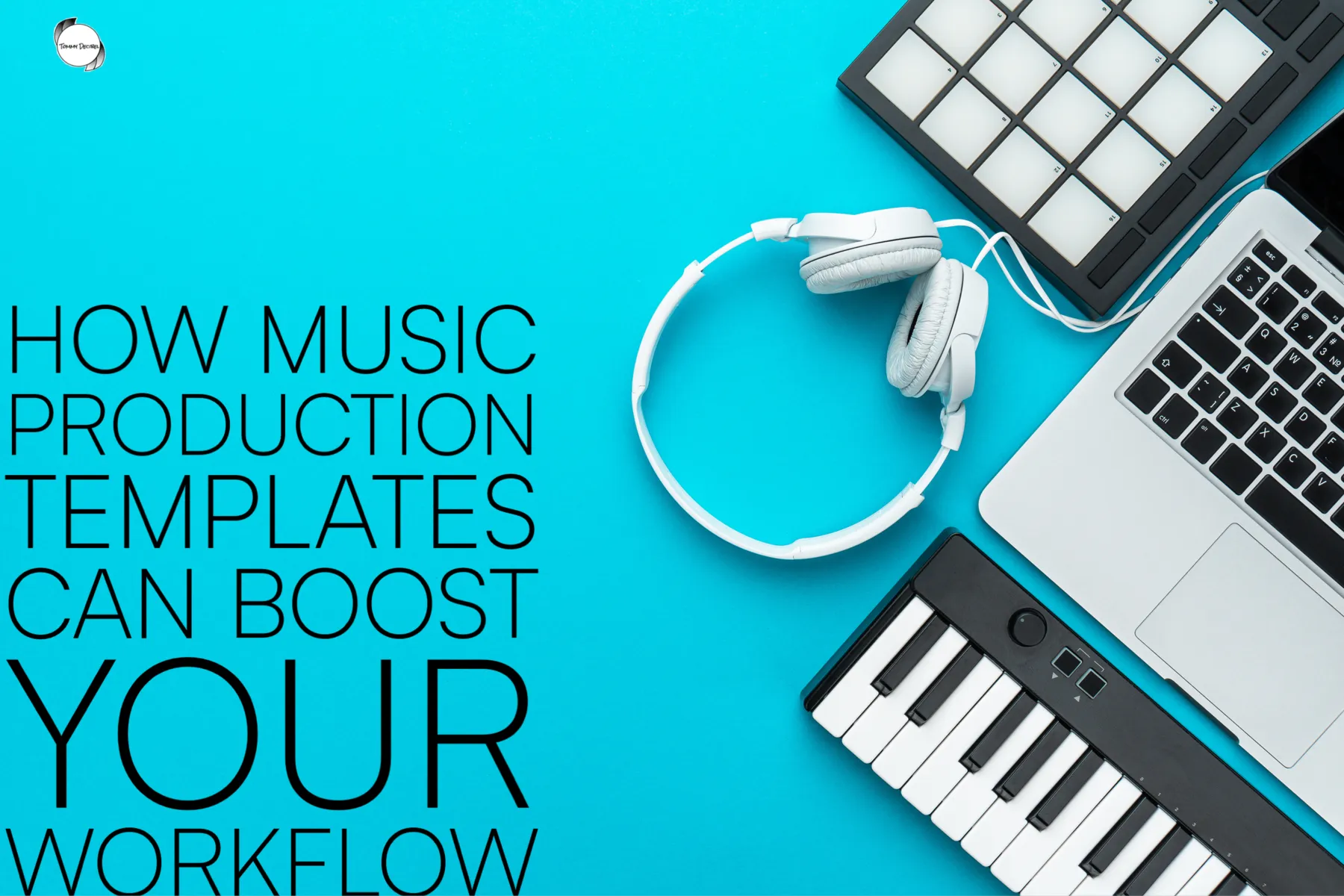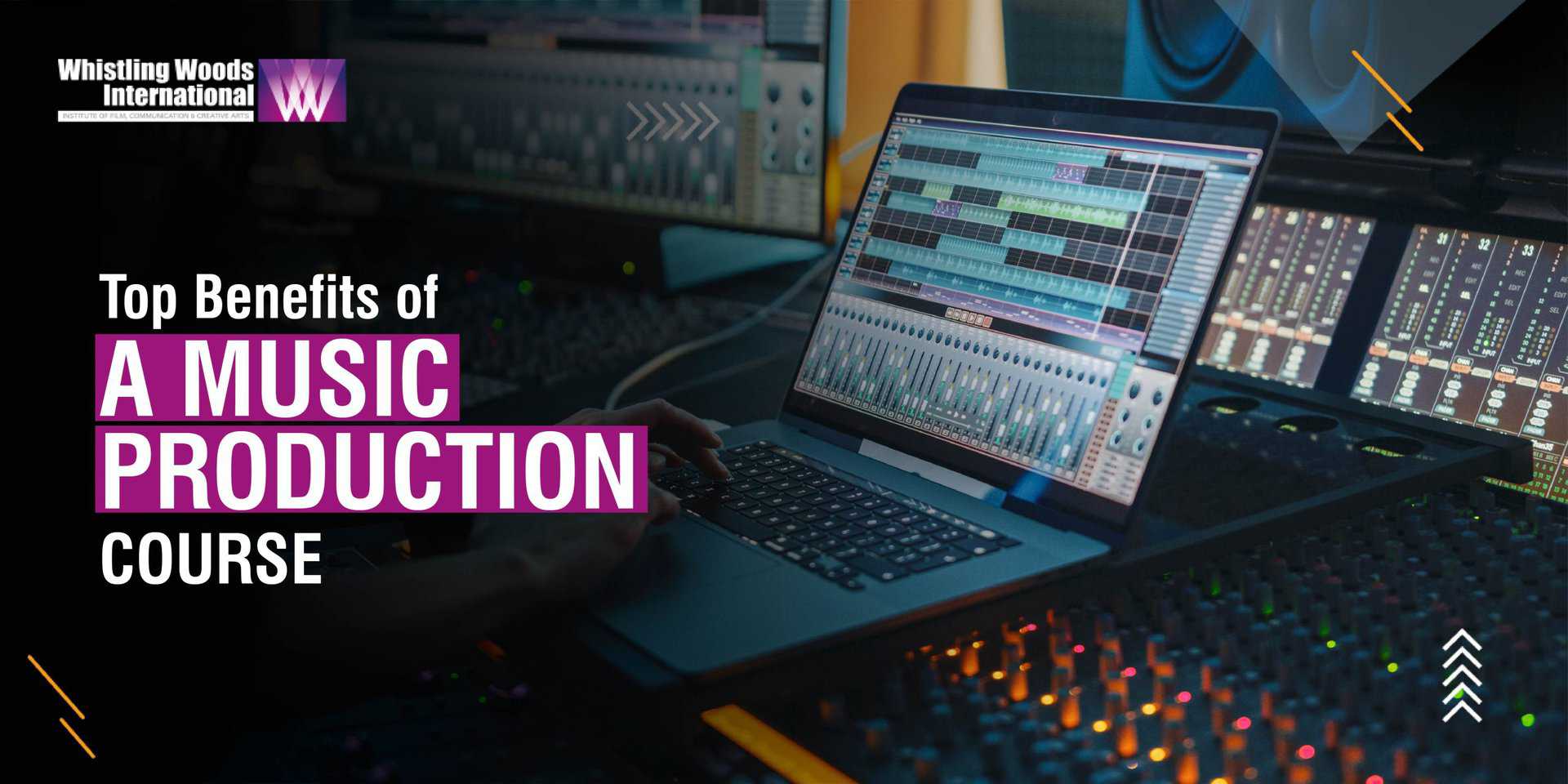To optimize a laptop for music production, increase RAM and storage, update software, and use external audio interfaces for better performance. Enhance processing power and minimize latency by modifying power settings and disabling unnecessary background programs.
Music production requires a laptop with robust capabilities to handle complex software and plugins effectively. Optimizing your laptop for this purpose is crucial to ensure smooth workflow and high-quality output. By implementing specific modifications and upgrades, you can significantly enhance the performance of your device for music production tasks.
We will explore various strategies and tips to optimize your laptop specifically for music production needs.

Credit: www.synthesia.io
Choosing The Right Laptop
Considerations For Music Production
It is crucial to consider various factors when selecting a laptop for music production.
Recommended Specifications
- Processor: Look for at least a quad-core processor for smooth performance.
- RAM: Opt for a minimum of 16GB RAM to handle resource-intensive music software.
- Storage: Consider SSD storage for faster loading times and data transfer.
- Display: A high-resolution display can enhance your visual workflow.
- Ports: Ensure the laptop has the necessary ports for external audio interfaces and controllers.
- Battery Life: Longer battery life is beneficial for uninterrupted music sessions.

Credit: tommydecibel.com
Setting Up Your Daw And Plugins
Learn how to optimize your laptop for music production by setting up your digital audio workstation (DAW) and plugins efficiently. This will improve performance and enhance your overall music production experience. Understanding the best practices for DAW setup and plugin management will help you create high-quality music without any technical hindrances.
Optimizing Digital Audio Workstation (daw)
After installing your DAW, reduce buffer size for low latency. Adjust sample rate to 44.1kHz for standard quality.
Disable unnecessary features to speed up processing. Organize session folders for easy access. Update drivers regularly for performance.
Utilize multi-core processing for optimal speed. Limit track counts for efficiency. Freeze tracks to reduce CPU load.
Managing Audio Plugins
- Arrange plugins by type for quick selection. Remove unused plugins to declutter workspace.
- Regularly update plugins for compatibility. Use reputable plugin sources for quality assurance.
- Test each plugin to ensure functionality. Keep plugins folder organized for easy navigation.
Optimize plugin presets for seamless workflow. Avoid excessive plugins to prevent overload. Maintain plugin versions for stability.
Maximizing System Performance
Sure, I can help you with that. Here’s an engaging section for your blog post using HTML format. “`htmlMaximizing system performance is essential for a seamless music production experience on your laptop. By optimizing your laptop’s components and settings, you can ensure that it operates at its best, allowing you to focus on creating and producing music without any technical hindrances.
Utilizing Ram And Storage
RAM and storage play crucial roles in music production. Ensure your laptop has sufficient RAM for running multiple audio tracks, plugins, and software simultaneously. Opt for a minimum of 8GB RAM but consider 16GB or 32GB for larger projects. Additionally, prioritize SSD storage over HDD for faster data access and quicker loading times of audio files and software.
Managing Cpu Usage
CPU usage directly impacts the performance of music production software. Close background applications and processes to free up CPU resources. Utilize a reliable task manager to monitor and manage CPU usage, ensuring that your music production software receives the necessary processing power without competing with other applications.
Enhancing Audio Quality
To enhance audio quality on your laptop for music production, consider optimizing settings, using quality headphones, and investing in an external sound card. Adjusting buffer size and sample rates can also improve overall audio performance while producing music.
In the world of music production, audio quality is paramount. Whether you’re a seasoned producer or just starting out, ensuring your laptop is optimized for high-quality audio output is crucial. By upgrading your sound card and audio interface, as well as calibrating for the best audio performance, you can take your music production to the next level.Upgrading Sound Card And Audio Interface
One of the first steps in enhancing audio quality on your laptop is to upgrade your sound card and audio interface. These components are responsible for converting digital audio signals into analog signals for your speakers or headphones. A better sound card and audio interface can significantly improve the sound reproduction and overall audio fidelity. When upgrading your sound card, look for one that supports high-resolution audio formats such as FLAC or ALAC. It should also have low latency and a high signal-to-noise ratio (SNR). By investing in a sound card with these features, you can eliminate distortion and unwanted noise, resulting in cleaner and more accurate audio playback. For professional-grade audio production, consider getting an external audio interface. These devices provide multiple inputs and outputs, allowing you to connect different audio sources and monitors. Look for an audio interface that supports a high sampling rate and has low-latency drivers for real-time recording and monitoring.Calibrating For High-quality Audio Output
Once you’ve upgraded your sound card and audio interface, it’s important to calibrate your laptop for optimal audio output. Calibration ensures that what you hear is accurate and consistent, allowing you to make informed decisions during the music production process. To calibrate your laptop, start by adjusting the equalizer settings. A well-balanced EQ can enhance the clarity and definition of your audio, bringing out the nuances in your music. Experiment with different EQ settings to find the ideal balance for your specific genre or style. Additionally, consider using room correction software or hardware. These tools measure the acoustic properties of your listening environment and apply corrections to compensate for any irregularities. This helps to minimize unwanted resonances and reflections, resulting in a more accurate audio playback. Lastly, don’t forget to update your audio drivers and software regularly. Manufacturers often release updates that optimize performance and address any issues. Keeping your drivers and software up to date ensures a stable and reliable audio production environment. By implementing these strategies, you can enhance the audio quality on your laptop for music production. Remember to upgrade your sound card and audio interface, calibrate for high-quality audio output, and stay updated with the latest drivers and software. With these optimizations in place, you’ll be able to create music that sounds professional and polished.Maintaining Your Optimized Setup
Now that you have optimized your laptop for music production, it’s important to maintain your setup to ensure optimal performance. By regularly performing system maintenance, implementing backups, and protecting your data, you can prevent any unexpected issues and keep your laptop running smoothly.
Regular System Maintenance
Regular system maintenance is crucial for keeping your laptop in top shape for music production. Here are some key tasks you should perform:
- Keep software up to date: Regularly check for updates for your operating system and music production software to ensure you have the latest features and security patches.
- Remove unnecessary files: Regularly clean up your hard drive by deleting temporary files, clearing your browser cache, and uninstalling unused programs. This will free up disk space and improve performance.
- Defragment your hard drive: Performing regular disk defragmentation can optimize file placement and improve access times, resulting in faster loading of music production projects.
- Scan for malware: Run regular antivirus and anti-malware scans to detect and remove any malicious software that could slow down your laptop or compromise your project files.
- Optimize startup processes: Disable unnecessary startup programs to speed up your laptop’s boot time and allocate more system resources to music production.
Backups And Data Protection
Backing up your music production projects and important data is crucial to avoid potential disasters. Follow these steps to protect your work:
- External drive backups: Use an external hard drive or SSD to regularly back up your music production projects. This ensures that even if your laptop fails, your work is safely stored.
- Cloud storage: Utilize cloud storage services like Google Drive, Dropbox, or OneDrive for an additional layer of backup. This protects your files in the event of physical damage or loss of your external drive.
- Automatic backup software: Consider using automated backup software that continuously backs up your files in the background, providing real-time protection.
- Password protection: Encrypt your backup drives and use strong passwords to protect your sensitive music production files from unauthorized access.
By following these regular system maintenance and backup practices, you can ensure that your optimized laptop for music production remains in excellent condition. This will allow you to focus on creating outstanding music without worrying about technical setbacks or data loss.

Credit: www.whistlingwoods.net
Frequently Asked Questions Of How To Optimize Laptop For Music Production
How Do I Optimize My Laptop For Music Production?
To optimize your laptop for music production, make sure it has sufficient RAM and processing power. Close unnecessary programs and disable background tasks. Use an external hard drive for storing audio files and install a reliable antivirus software. Lastly, update your audio drivers and keep your laptop clean from dust and debris.
What Software Is Best For Music Production On A Laptop?
Software like Ableton Live, FL Studio, Logic Pro, and Pro Tools are popular choices for music production on laptops. Each offers unique features and user-friendly interfaces. Experiment with different software to find the one that suits your workflow and creative needs.
How Can I Improve The Sound Quality On My Laptop For Music Production?
To improve sound quality on your laptop for music production, consider connecting external studio monitors or headphones to get more accurate and detailed representation of your music. Invest in a high-quality audio interface for better sound recording and processing. Additionally, use audio plugins and EQ to fine-tune your sound.
Can I Use A Regular Laptop For Music Production?
Yes, you can use a regular laptop for music production. However, ensure that it meets the minimum system requirements of your chosen software. Opt for a laptop with a fast processor, ample RAM, and sufficient storage space. Consider upgrading your laptop’s components if necessary.
Conclusion
Incorporating these optimization techniques into your laptop for music production can significantly enhance your creative process. By ensuring sufficient RAM, storage, and processing power, you can avoid glitches and delays that hinder your workflow. Additionally, implementing the recommended software adjustments will streamline your music production tasks, allowing you to create high-quality tracks efficiently.